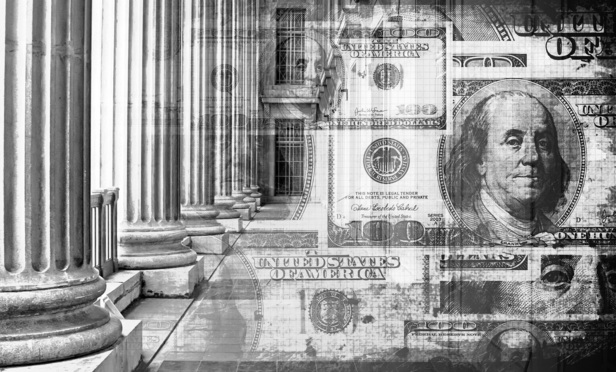Since the passage of the Dodd-Frank Act, the Commodity Futures Trading Commission has stepped up its profile on the financial regulatory landscape. Dodd-Frank not only expanded the CFTC’s jurisdiction by handing it the multi-hundred trillion dollar swaps market to regulate, it also enlarged the agency’s enforcement tool box by, among other things, enacting forceful anti-fraud legislation. On Dec. 2, 2015, the CFTC used that new tool to charge the misappropriation theory of insider trading liability for the first time in the agency’s history. This action demonstrates the CFTC’s willingness to enter a territory previously held exclusively by securities regulators, albeit at a time when shifts in the legal landscape have narrowed what constitutes culpable insider trading in the securities arena, a narrowing that surely will impact the CFTC as well. The history of CFTC insider trading enforcement and what the future may hold follows.
In the past, the CFTC was a reluctant actor in insider trading enforcement. After all, the futures markets were founded in part upon the notion that the nation’s producers—such as farmers and ranchers—should have a regulated platform to trade on their own “inside” information concerning their crops and herds, to hedge their risks and lock in prices.1 In other words, the futures (and other derivatives) markets exist, at least in part, to promote lawful “insider trading.” There is no general obligation for a farmer to disclose to futures traders material information about his crops before he trades on that information. On the other hand, the securities markets, which are used for capital formation, exalt principles of disclosure. Securities investors own shares in companies that are obligated to regularly disclose accurate information about how the company is doing; corporate insiders are forbidden from trading on material information unless they first disclose that information.2



